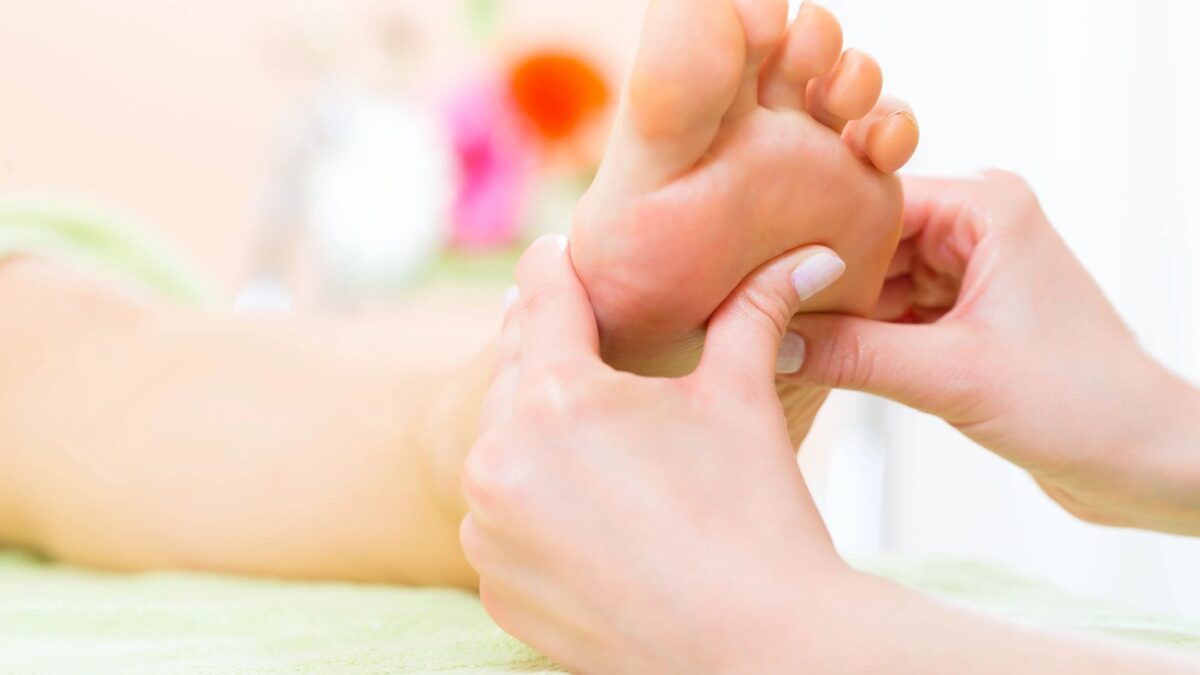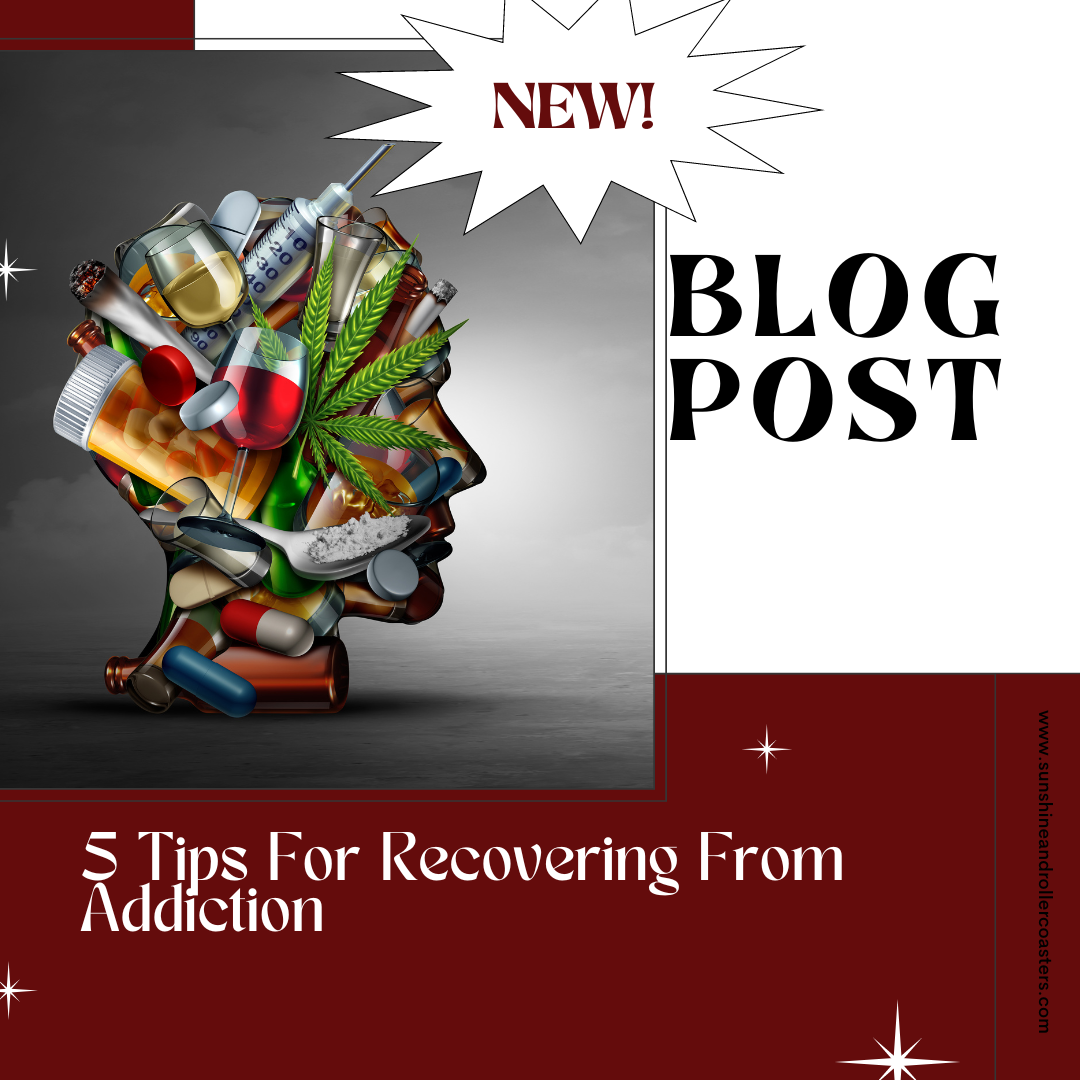5 Tips For Recovering From Addiction
Breaking free from addiction is a challenging but ultimately rewarding process. It requires a strong commitment to making positive changes and the willingness to seek support and guidance from qualified professionals. The first step in the recovery process is often acknowledging your problem and seeking help to address it. This step can be difficult, but it is essential for recovery. According to the study, millions of Americans recover from an addiction. If you have been wondering how to start your journey, here are five tips for recovering from addiction:
- Seek professional help
A professional can help you develop a treatment plan tailored to your specific needs and provide you with the tools and skills you need to manage your addiction and maintain long-term recovery. Don’t hesitate to seek help, as the sooner you do so, the better your chances of success.
- Attend support groups
Support groups, such as Alcoholics Anonymous (AA) or Narcotics Anonymous (NA), can provide a valuable resource for those in recovery, so feel free to consider this. These groups offer a safe and supportive environment where you can share your experiences and receive support from others working towards recovery without fear of being judged or discriminated against.
- Surround yourself with positive people
Surrounding yourself with supportive friends and family as you work toward recovery can be incredibly helpful. They can provide emotional and practical support. Connecting with others in recovery can also be beneficial, whether through support groups, recovery communities, or one-on-one relationships. These connections provide a sense of belonging, accountability, and encouragement as you work toward recovery. In addition, having a support system in place can provide a network of people to turn to in times of temptation or stress and can help to prevent relapse.
- Use coping strategies
It is normal to experience cravings and triggers during the recovery process. However, having a plan to manage these challenges and practice healthy coping strategies is essential. These strategies include reaching out to a support person, engaging in a healthy activity, or using relaxation techniques. Coping strategies differ for everyone, so it may be helpful to experiment with different approaches to find what works best for you.
- Practice self-care and gratitude

Taking care of your physical and mental health is essential to recovery. That includes getting enough sleep, eating a healthy diet, exercising regularly, and engaging in activities that promote relaxation and stress management, such as meditation or yoga. Practicing gratitude while recovering from addiction can be a powerful tool to help you stay focused on your recovery goals and maintain a positive outlook. Some ways to practice gratitude during recovery include keeping a gratitude journal, sharing things you are grateful for with others, and expressing gratitude through acts of kindness or service.
In summary, recovering from addiction requires professional help, support from others, self-care, and healthy coping strategies. It is a challenging process, but with determination and a strong support system, it is possible to achieve lasting recovery and a fulfilling life in sobriety.

















